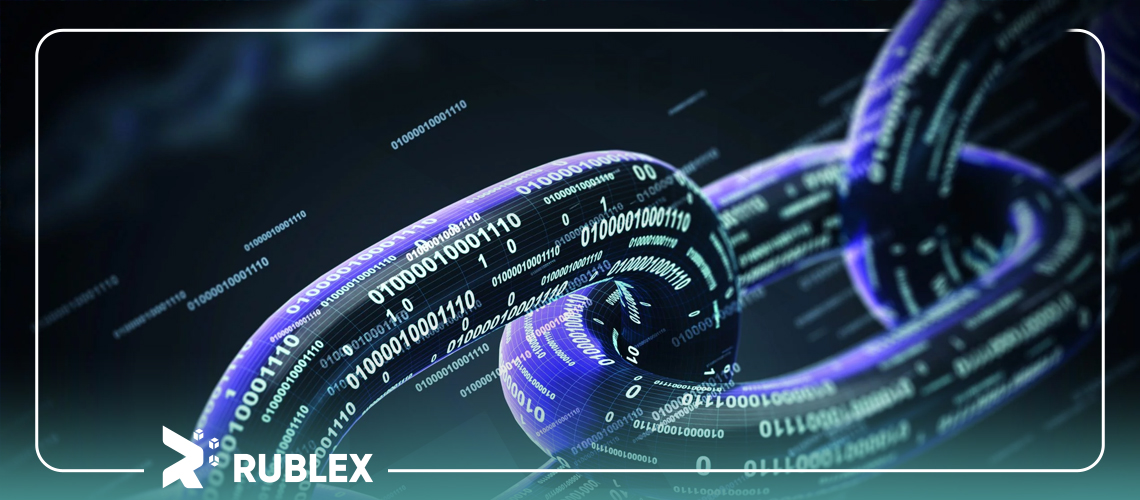Alex Glochowski, one of the architects behind zkSync, an Ethereum layer 2 scaling solution, has recently introduced an innovative governance concept named L1 Fork. This proposal serves as the Court of Final Appeal, addressing the challenges associated with smart contract implementations. Glochowski also offered insights into the development of a “hierarchical system of on-chain courts,” mirroring the structure of real-world judicial systems.
On September 2, Alex G (one of the architects behind zkSync) used Twitter to draw attention to this groundbreaking blockchain governance system, positioning it as a significant enhancement over the existing framework. He highlighted a series of limitations and issues that currently afflict the system, including its inability to effectively manage emergency situations during upgrades.
Glochowski shed light on the constraints of the fork choice resolution, emphasizing that assets bridged from Ethereum cannot be subjected to forking. In one of his tweets, he stated, “A bridge always negates any benefits of forkability, making it strictly worse than a rollup.”
To eliminate such inconveniences, Alex G emphasized the need for a novel hierarchical on-chain court system that would grant each protocol its own governance structure with defined normal and emergency upgrade mechanisms. An appeal period would be established, allowing challenges to be raised before the court’s decision becomes final.
Alex G envisioned his proposal as a “completely decentralized” system, where various courts would have different memberships, pricing structures, and reputations, all eventually linked to the Ethereum Supreme Court. He elaborated, “Each court will also have to specify a higher court where any decision can be appealed, until we eventually reach the Ethereum Supreme Court. The decision of this smart contract can only be altered by a (technically soft) fork of the L1.”
Ultimately, the mastermind behind this idea clarified that the new system aims to create a “social consensus” and replace the traditional, expensive, and at times cumbersome canonical court system. He emphasized that the primary purpose of this system is to safeguard protocols against political interference, stating, “It will serve as a potent deterrent and enhance Ethereum’s role as a formidable network state.”





